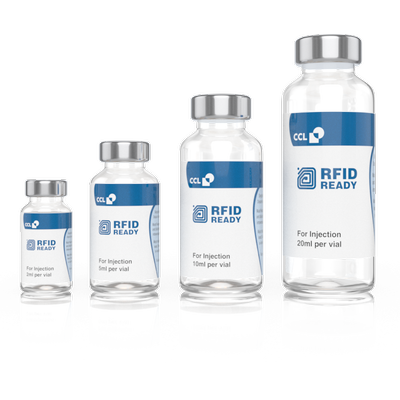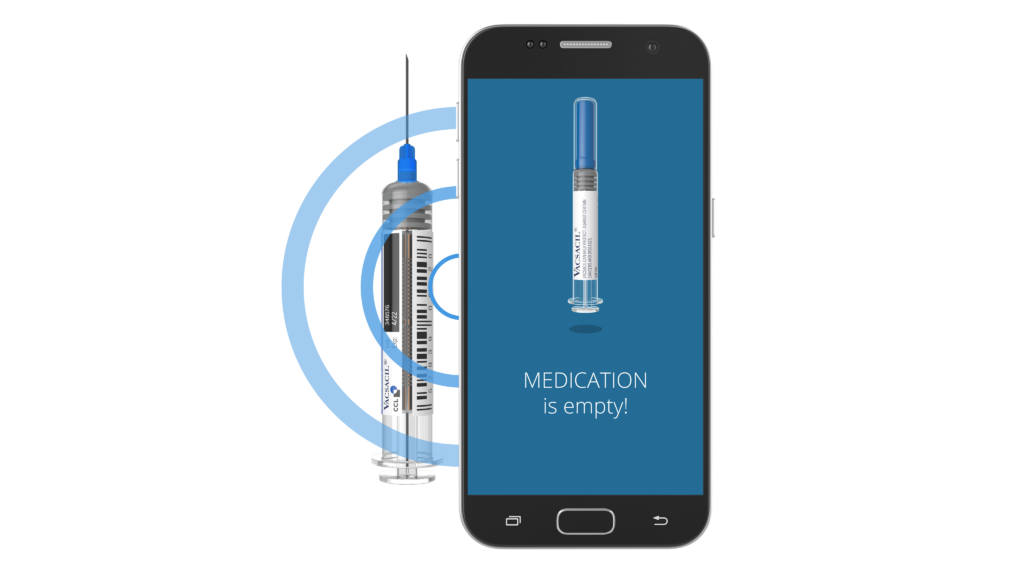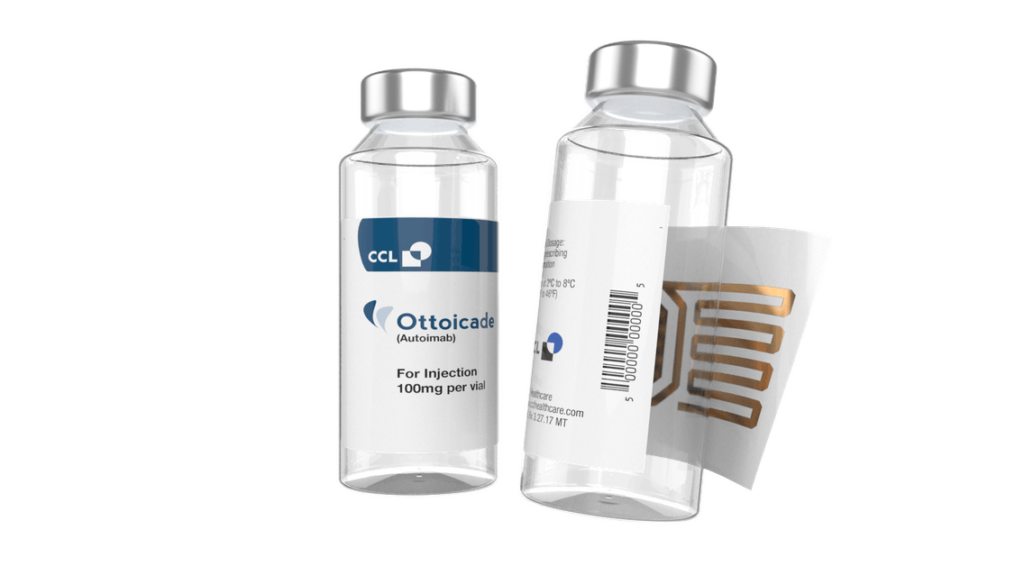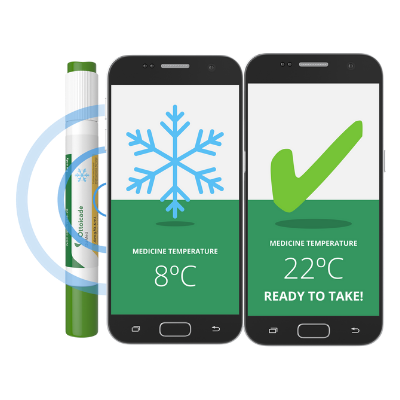Smart Labeling
A Look at Smart Labeling
Smart labeling has become increasingly prevalent in today’s business environment, driven by consumer demand for transparency and convenience. Smart packaging provide a platform for brands to communicate relevant, personalized information about each individual product. This white paper serves as a guide for packaging buyers and brand owners who want to leverage the benefits of smart labeling. In this paper, we will compare RFID and NFC technology, look at high-ROI use cases, and discuss how to implement smart labeling for your brand.
Comparing RFID and NFC Technology
RFID tags are a broad category of smart packaging that encompass NFC tags, UHF tags, and more. It is essential to understand the differences between each RFID type when considering deploying an RFID solution. NFC is a subset of RFID technology and uses high-frequency radio waves to communicate between the tag and the reader. In contrast, UHF RFID tags use ultra-high frequencies to communicate between the tag and the reader. NFC is commonly used for contactless payments, while UHF is used in inventory tracking and supply chain management.


An Explanation of RFID Tags
RFID technology uses radio waves to send and receive information between a tag and a reader. Each RFID tag can be programmed with unique information, such as a GS1 Electronic Product Code (EPC), and affixed to products, boxes, pallets, or even high-value equipment, depending on the application. Unlike barcodes, RFID tags do not require direct line-of-sight to be read, making it possible to read entire pallets or truckloads of products quickly. This feature gives RFID tags a clear advantage over barcodes when it comes to driving visibility and efficiency at the supply chain level.
High-ROI Use Cases for Smart Labels
Smart packaging have the power to drive efficiency, supply chain visibility, and brand differentiation in various industries, including health and beauty, apparel, pharmaceuticals, and more. Two high-ROI use cases for smart labels include inventory tracking and consumer engagement.
Inventory Tracking: RFID technology can be used for real-time inventory tracking, which reduces out-of-stock situations, improves supply chain efficiency, and eliminates the need for manual inventory checks. RFID technology can provide up to 99% inventory accuracy and reduce inventory-related labor costs by up to 60%.
Consumer Engagement: Smart labels can be used to engage with customers at a personal level, allowing them to access educational content and product-specific landing pages by scanning the label. Brands can use this information to provide personalized offers, promotions, and product recommendations, driving customer loyalty and brand advocacy.


Implementing Smart Labeling for Your Brand
To implement smart packaging for your brand, it is crucial to partner with a label converter experienced in delivering tags for your business application. The label converter can assist in selecting the appropriate RFID type and frequency, tag size and shape, and antenna design. It is essential to test the tags in the intended environment to ensure optimal performance.
Perfect-Fit Markets for Implementing Smart Labels
Two perfect-fit markets for implementing smart labels include the food and beverage industry and the healthcare industry.
Food and Beverage Industry: Smart labels can be used to track food safety and compliance, provide consumers with ingredient and nutritional information, and reduce food waste through real-time inventory tracking.
Healthcare Industry: Smart labels can be used to track pharmaceuticals and medical supplies, reduce medication errors, and provide patients with dosage instructions and medication information.
In conclusion, smart labeling has become an essential tool for brands to communicate with consumers and drive efficiency in supply chain management. By leveraging the benefits of smart labeling, brands can establish themselves as innovators in the industry and differentiate themselves from slow-to-change competitors. By comparing RFID and NFC technology, looking at high-ROI use cases, and implementing smart labeling for your brand, you can unlock the value of smart packaging and gain a competitive advantage.